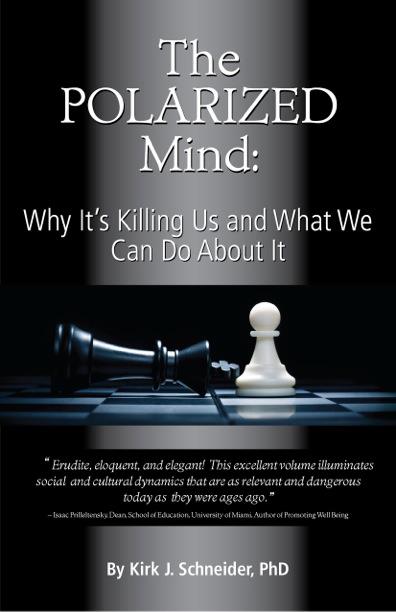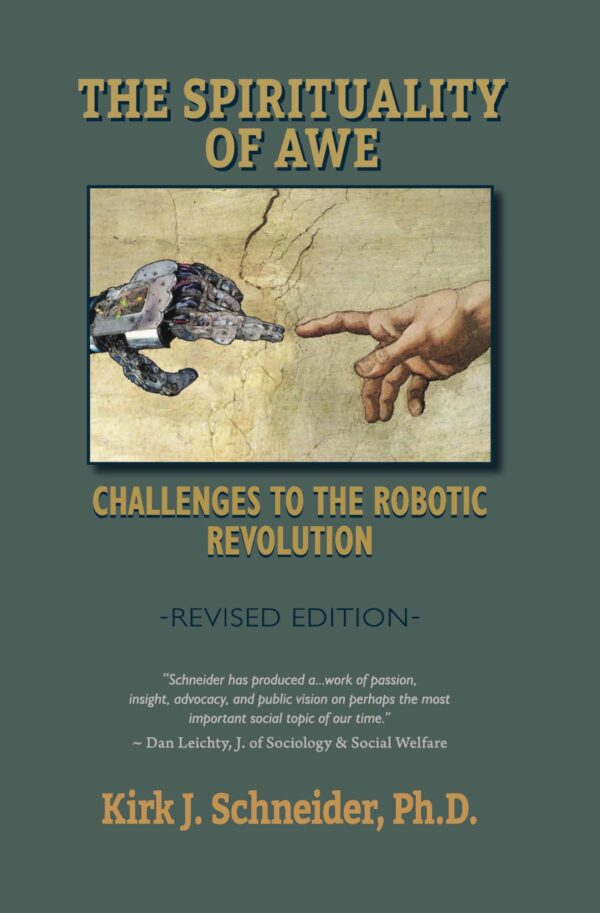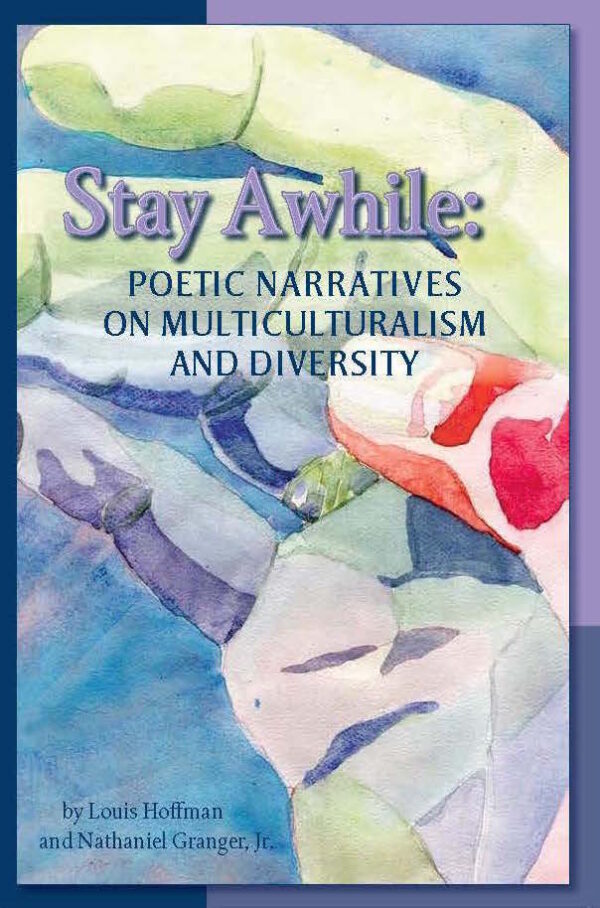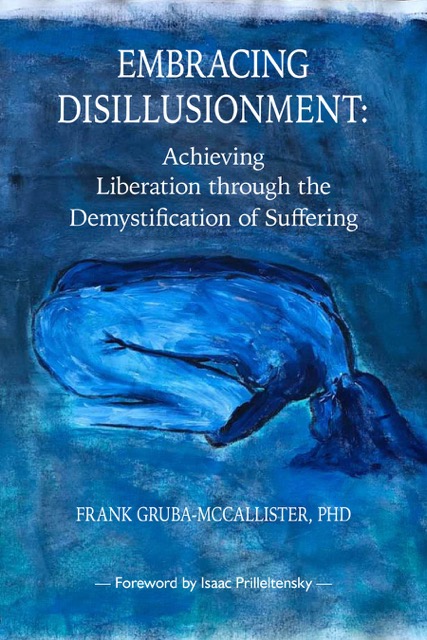Product Description
In The Polarized Mind, Kirk Schneider aims his existentialhumanistic-depth-psychological lens at what he aptly argues is a pervasive murderous plague arising from the human condition itself—psychological polarization, the elevation of one absolutist point of view to the exclusion, even demonization, of all others. Such polarization, Schneider shows, is the age-old antidote to the existential anxiety and panic evoked by the groundlessness, the nullity and finiteness, and the mystery and paradox of human existence, with which we are invariably confronted when we become subject to individual and collective trauma. Schneider deftly chronicles the destructive ideologies and power structures—forms of defensive grandiosity—through which human beings of various cultures and historical epochs have sought to evade and deny the groundlessness and mystery of their existence. Then he proposes what he calls an awe-based reformation, based on accepting and embracing the mystery of our being. Again drawing on examples from different cultures and historical periods, he offers radical and impressive proposals for the raising of “awe-grounded kids” and for creating a social order based more on awe than on existential panic. This book is an enormously important contribution not only to clinical psychology but to social and political psychology and philosophy as well. Written in reader-friendly language, it will be of great appeal to students, trainees, practitioners, and academics in all of these fields, as well as to educated readers concerned about the perils of human life in the 21st century.
– Robert D. Stolorow, PhD, Author of World, Affectivity, Trauma: Heidegger and Post-Cartesian Psychoanalysis
The Polarized Mind is excellent. In my estimation it is a 21st century extension of Rollo May’s Cry for Myth. I mean this as the highest compliment.
– Sheldon Solomon, PhD, Social Psychologist, Skidmore College, co-founder of Terror Management Theory, and co-author of In the Wake of 9/11
Erudite, eloquent, and elegant! This book connects the psychology of the polarizing mind with historical events that shaped the course of humanity through millennia. This excellent volume illuminates social and cultural dynamics that are as relevant and dangerous today as they were ages ago.”
– Isaac Prilleltensky, PhD, Dean, School of Education, University of Miami, Author of Promoting Well-Being
The Polarized Mind is, in my estimate, a logical extension, and deepened development of Schneider’s previous ground-breaking book, The Paradoxical Self. In The Polarized Mind, Schneider mounts a penetrating analysis of the ‘sickness unto death’ (Kierkegaard) resulting from the ‘either/or’ rigidity in contemporary political, corporate, cultural, religious and healing arenas. Schneider denies he is issuing a ‘utopian manifesto,’ but comes close to doing just that in a sober clarion call for weighing the liberating potential of integrative thinking in contrast to the destructive power of dichotomous thinking. As with Schneider’s previous writings, this is a hard one to put down.
-Benjamin R. Tong, PhD, Professor, Clinical Psychology PsyD Program, California Institute of Integral Studies, San Francisco. Tai Ch’i, QiGong & Taoist studies instructor; Emeritus faculty, Asian American Studies Department, San Francisco State University. Psychotherapist and organizational consultant in private practice
The Polarized Mind is not only very timely, it is also very moving. It certainly had a big impact on me not only during my waking hours when I tossed the book’s thought-provoking ideas consciously around in my head but also while sleeping, in my dreams. I, like many people in these troubled times, have been searching for answers to what we are facing and The Polarized Mind comes as a deeply revealing source of alternatives. For example, I embrace the book’s recommendations for following wisdom traditions that stress a fluid center of belief, humility and adventurousness as the paths to balance and fulfillment. I also find it encouraging to note that the world has had leadership examples like Gandhi and Washington to serve as role models for this path.”
– Sonja Saltman, PhD, co-founder of the Saltman Center for Conflict Resolution at the University of Nevada at Las Vegas (UNLV) Boyd School of Law







